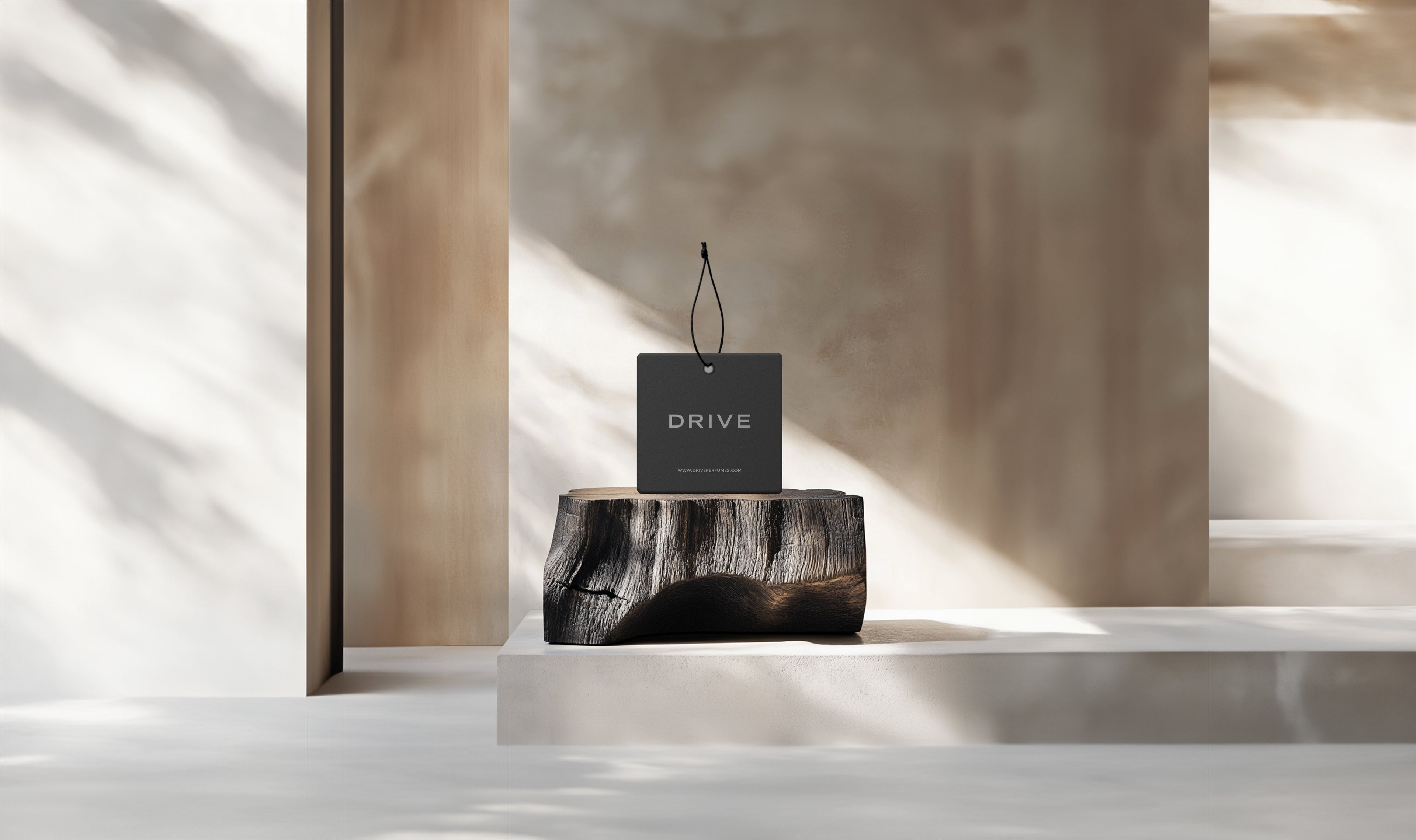When prospective buyers enter a vehicle, their first sensory impression is smell. Studies in retail psychology show that pleasant ambient scent increases willingness to buy by up to 20 percent. For automotive sales, this insight translates directly into the test-drive experience.
A carefully chosen fragrance can influence mood, reduce decision fatigue, and reinforce product cues. For instance, a balanced combination of bergamot and cedarwood projects freshness and confidence—qualities buyers subconsciously associate with reliability.
Generic air fresheners undermine credibility. Their synthetic punch signals “used car,” not “luxury.” Professional scenting solutions such as those offered by Drive Perfumes use cosmetic-grade oils engineered for consistent diffusion inside cabins. The result is a clean atmosphere that supports the perception of quality materials and craftsmanship.
Dealerships that integrate fragrance strategically often pair scent families with model segments. A sport coupe might feature energetic citrus and ginger notes; a grand-touring SUV, smooth amber and vetiver. The goal is coherence between smell and design language.
Beyond emotion, scent influences memory retention. Clients recalling their test drive a week later often visualize the interior scent first. When that memory is positive and distinct, it shortens the path from consideration to purchase.
In a marketplace saturated with visual stimuli, fragrance provides a competitive edge that feels authentic, not manipulative. The science is simple: people buy what makes them feel good. A refined scent ensures that feeling begins the moment they open the door.

